Taiwanese fail miserably when it comes to traffic safety and etiquette
While Taiwan is known for its food and scenery, it is also notorious for its dangerous roads. A series of recent accidents has brought the problem into the spotlight. Lianhe Zaobao correspondent Woon Wei Jong looks into Taiwan's road safety issue and what can be done to improve it.
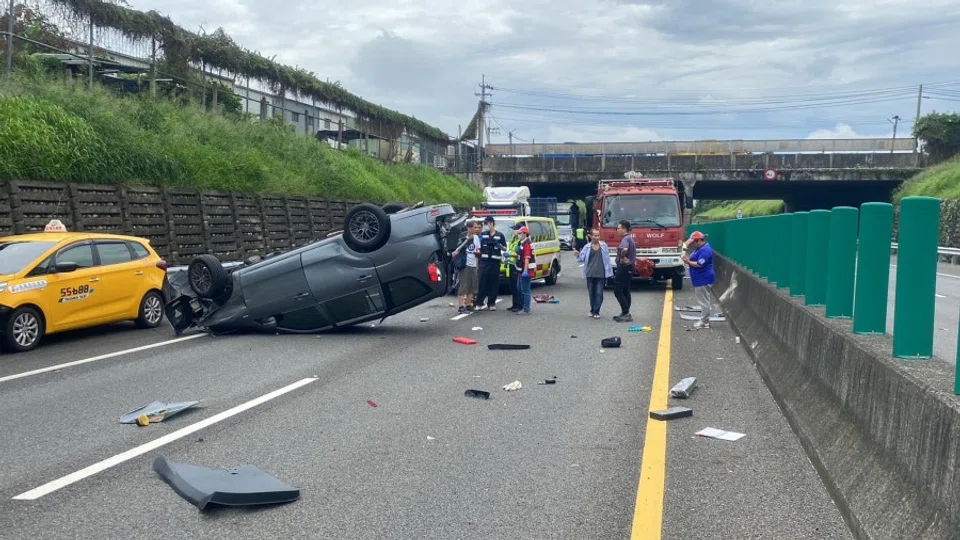
At around 9am on 8 May, a three-year-old girl surnamed Yu was making her way to school in Tainan. She sported a pink backpack and held her mother's hand as they crossed the road when the pedestrian signal light turned green.
They were halfway across when a left-turning car struck them. The girl, nicknamed Weiwei, was flung a distance away, suffering a severe head injury and dying at the scene. Her 38-year-old mother was trapped under the car, suffering a ruptured liver and fractured ribs and pelvis - she was sent to hospital and survived.
The 36-year-old driver responsible for the accident was 17 weeks pregnant. She suffered from shock and was sent to the hospital to monitor her pregnancy. Five days after the incident, on the eve of Mother's Day, she sobbed uncontrollably as she offered flowers and apologised on her knees at the girl's memorial.
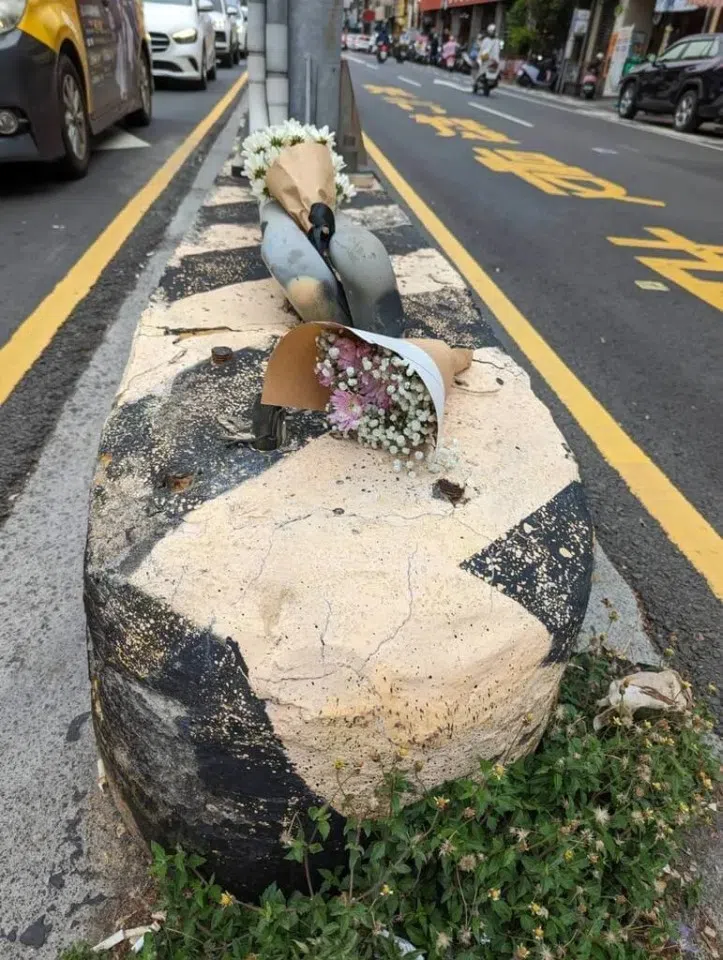
One pedestrian death every day
At around 11pm on 27 December 2022, a 30-year-old woman surnamed Lee and her family were crossing the road on their way home in Taichung. Her 32-year-old husband was pushing their one-and-a-half-year-old son in a stroller.
They were on the pedestrian crossing and just a few steps away from the opposite side of the road when a left-turning bus hit them. The baby stroller was crushed, and the mother and son died at the scene. Her Iraqi Kurdish husband, Wrya Azeez, suffered some injuries.
Azeez said that he came to Taichung ten years ago on a scholarship to study pharmaceuticals at China Medical University, and is currently an English teacher. On the night of the accident, the couple had just discussed their plans to start a biotechnology company, but his happy life was thus taken from him.
He lamented that they were law-abiding pedestrians who never looked at their phones while walking. He could not accept the driver's recklessness.
In terms of the ratio of vehicle accident deaths to the total population, Taiwan's figure is six and seven times higher than that of Japan and Singapore respectively.
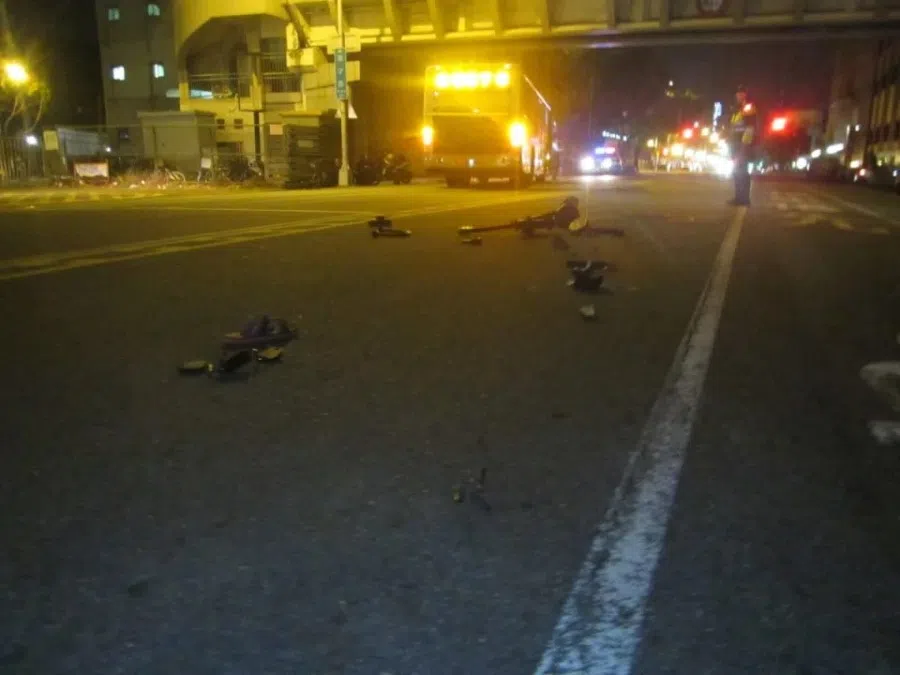
Both drivers are being investigated for negligent homicide. Unfortunately, these two tragedies are just the tip of the iceberg.
According to statistics from the National Police Agency, there were 3,085 deaths from traffic accidents in Taiwan last year, including 394 pedestrians. This means that more than eight people lose their lives on the roads every day, with at least one pedestrian dying while crossing the street. According to statistics from the Taiwan Ministry of Transportation and Communications, in the first quarter of this year, another 103 pedestrians died in accidents involving vehicles.
These figures repeatedly set new records, which are already shockingly high to begin with. In comparison, Japan saw 2,610 car accident fatalities last year, while Singapore had 108. In terms of the ratio of vehicle accident deaths to the total population, Taiwan's figure is six and seven times higher than that of Japan and Singapore respectively.
'Living hell for pedestrians'
On 6 December 2022, CNN described Taiwan as a "living hell for pedestrians", which drew widespread attention and continues to be a hot topic of discussion.
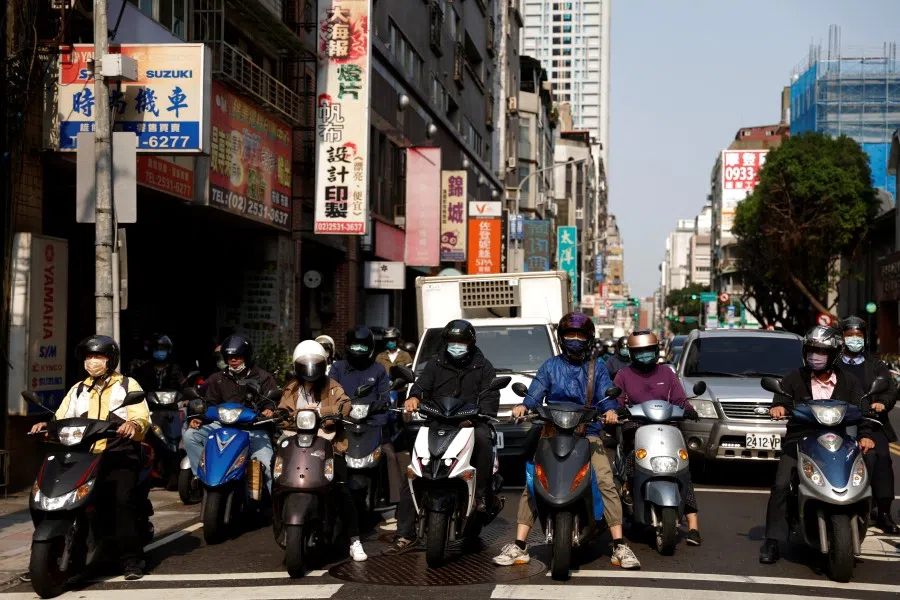
The report said that Taiwan is "renowned for its cuisine, natural scenery and hospitality - but it is also notorious for its dangerous roads". The narrow sidewalks and the drivers and motorcyclists' general disregard for the rights of pedestrians contribute to the high fatality rate from accidents involving vehicles.
As Covid-19 restrictions are lifted and tourists return, governments from several countries, including the US, Japan and Canada, have reminded their citizens to be cautious about road safety when travelling to Taiwan.
Pedestrians and vehicles fighting for the right of way on pedestrian crossings is part of everyday life in Taiwan. Vehicles often run a red light at intersections, and pedestrians must keep their eyes and ears out for vehicles and motorcycles that may zoom between the gaps of people at pedestrian crossings even when the pedestrian signal light has turned green.
Indeed, ordinary people are fed up with this. On Mother's Day on 14 May, people staged flash mobs across Taiwan at intersections where deadly accidents occurred, holding carnations and umbrellas to speak out for the countless mothers and daughters who have tragically died while crossing the roads, along with their grieving families, calling for pedestrians' right of way and the strengthening of the umbrella of protection.
Out of the possible measures, the most important would be the strengthening of law enforcement. On 21 May, a person who signed off as "resident Shi Ke-te" (小市民施克德) published half-page advertisements in the Liberty Times, United Daily News and China Times, calling on government chiefs to strictly enforce the law to protect the lives of the people, prevent families from being broken up, and reverse Taiwan's notorious name of being a "living hell for pedestrians".
Taiwan must do two things to properly shed its ignominy of being a "living hell" for pedestrians: improve the traffic light design, and impose heavier penalties and stricter enforcement.
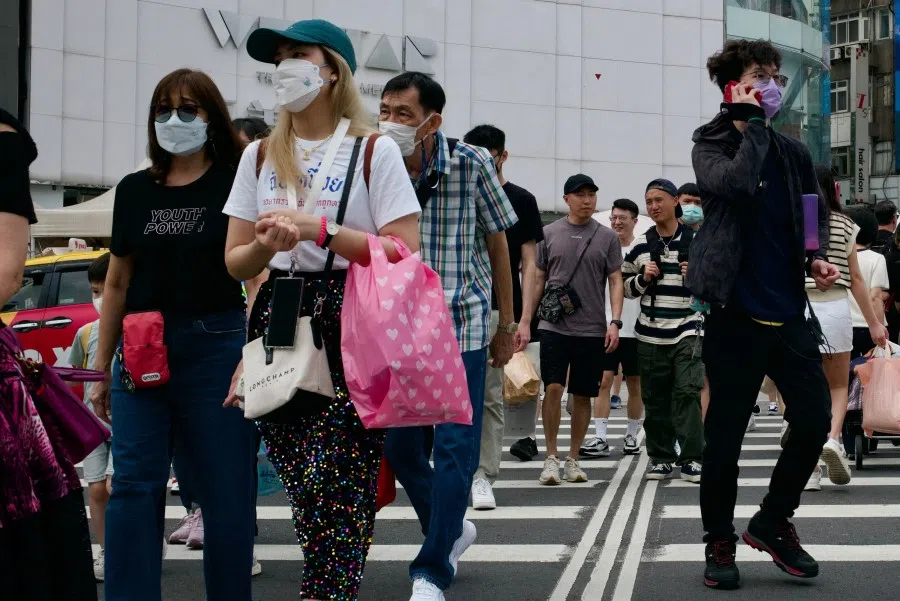
In response, the Executive Yuan approved a "Pedestrian First, Traffic Safety Action Programme" on 25 May, while the National Development Council is also considering a "Sustainable Improvement of Traffic Safety Project", which would see NT$40 billion (US$1.3 billion) set aside over the next seven years to improve road safety.
Taiwan President Tsai Ing-wen posted on Facebook that same night, declaring the government's determination to improve pedestrian safety by making concrete changes in four areas: in addition to improving the environment, it is also necessary to deepen a "people-oriented, pedestrian-first" education, and strengthen the supervision of drivers and the efficiency of law enforcement.
Safety a basic requirement
It remains to be seen if these actions and declarations will work. Based on public opinion analyses and my observations, Taiwan must do two things to properly shed its ignominy of being a "living hell" for pedestrians: improve the traffic light design, and impose heavier penalties and stricter enforcement.
Firstly, it should be strictly stipulated that when the pedestrian signal light turns green, no vehicle should dash across the road, or they would be heavily fined. In particular, there is a need to distinguish between the green lights for pedestrians and vehicles at accident-prone zones and busy intersections to prevent pedestrians and vehicle drivers from fighting for their right of way.
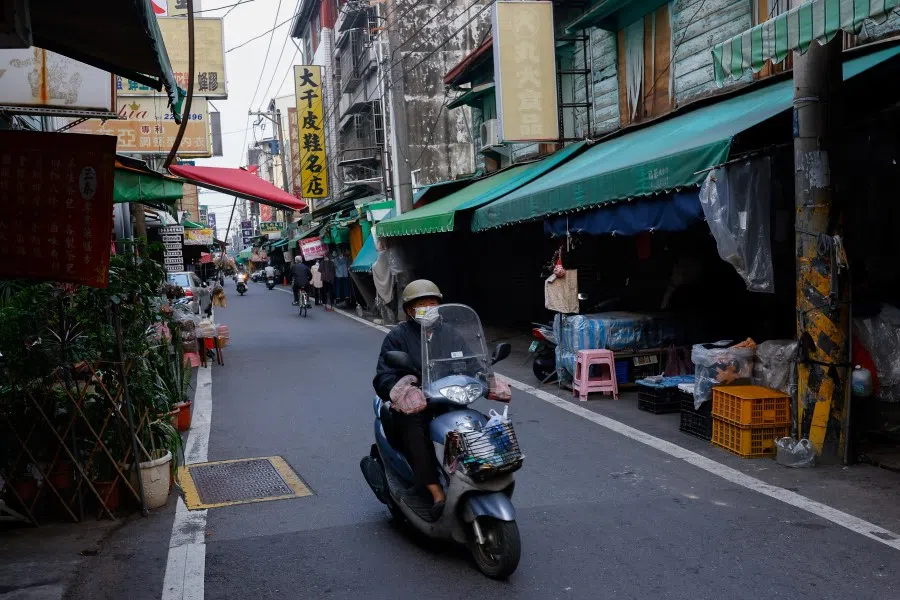
There is also a need to strengthen enforcement against red-light runners with a two-pronged approach involving technology and harnessing the power of the masses. Surveillance cameras could be set up at the zones where vehicles often run red lights to capture evidence, while the public could be encouraged to take photographs and report these rulebreakers.
While Taiwan authorities suspend driving licences, and impose fines and jail terms on drivers who cause injury or death by failing to give way to pedestrians, whether these laws are strictly enforced and can act as effective deterrents are not publicly assessed.
The island of Taiwan boasts of beautiful scenery and claims to be on the frontline of freedom and democracy. It is also where youths chase and build their dreams. But the freedom of vehicle drivers must not come at the expense of the freedom of pedestrians to cross the road without fear.
Resolutely improving traffic enforcement and significantly reducing the loss of innocent lives on the roads should be the most basic requirement to guarantee the happiness of the people.
This article was first published in Lianhe Zaobao as "宝岛"行人地狱"污名何时清?".





